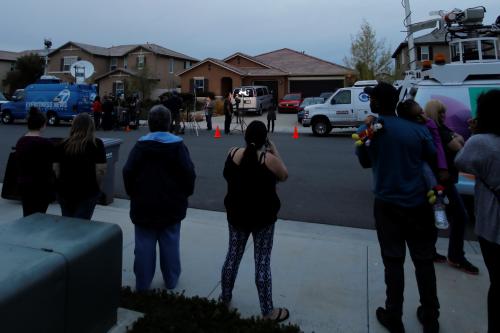The phrase “social capital” has been used to describe relationships between individuals that facilitate the kind of social trust that can strengthen communities. The lack of it may explain why Trump was elected, why our health and longevity have been deteriorating, and why economic growth has slowed. Some scholars have noted that social capital is eroding. But, to what extent is this true? And even if the diagnosis is correct, what could be done to remedy the situation?
In this essay, Sawhill unpacks the meaning of social capital, examines recent trends in the U.S., and makes a case for why it is important. She ends by suggesting a few ways in which we might create more social capital: universal national service, an enhanced subsidy for charitable giving, and additional resources and flexibility for local communities so that they can innovate and rebuild in ways that fit their own values and circumstances. Leadership that is at once moral and effective at every level from the neighborhood to the White House will be critical to that revival.
The Brookings Institution is committed to quality, independence, and impact.
We are supported by a diverse array of funders. In line with our values and policies, each Brookings publication represents the sole views of its author(s).







